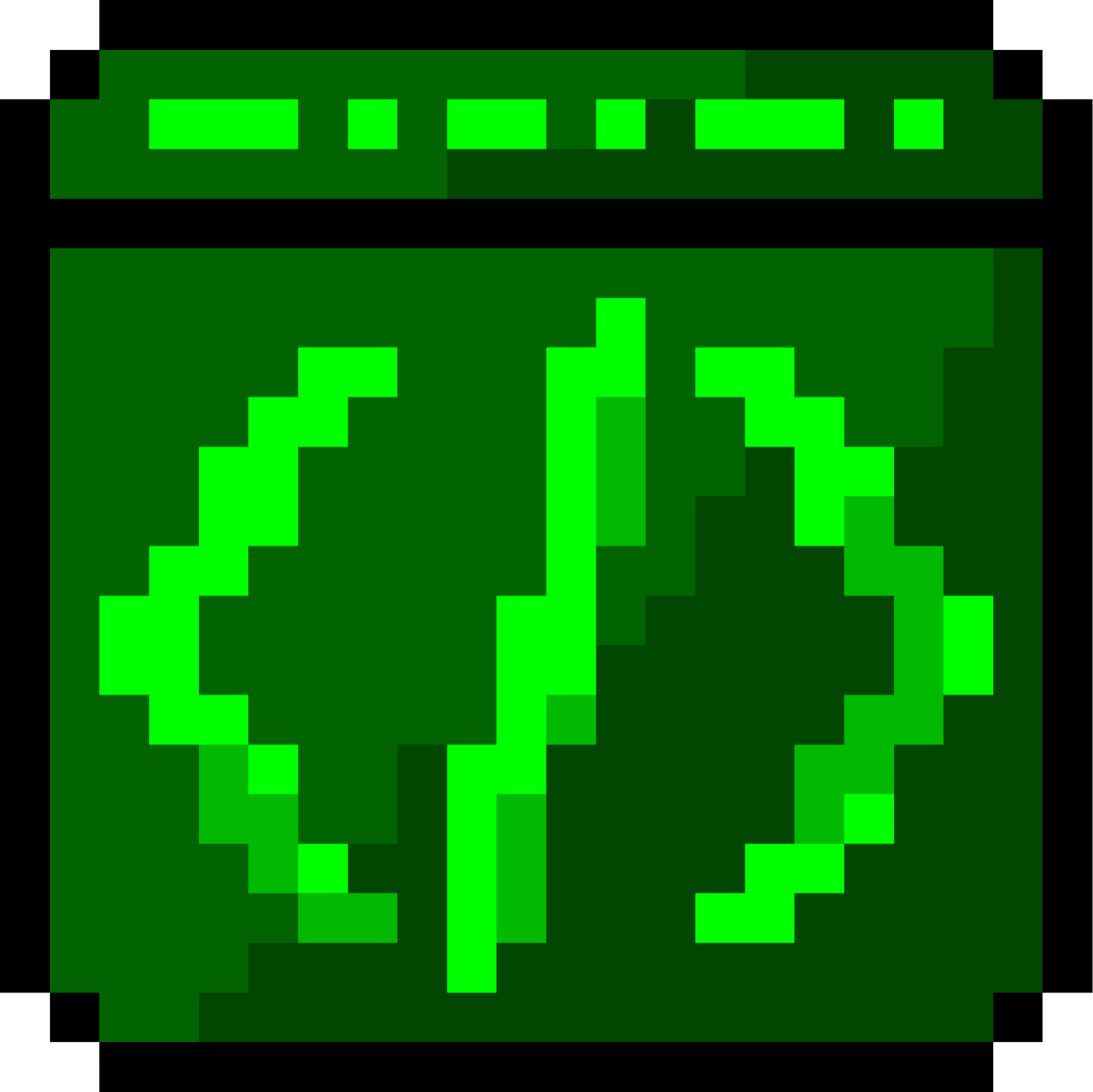220 reads
Elevate Your Flutter App: A Guide to Subject Segmentation Using Google ML Kit
by
October 29th, 2024
Audio Presented by
Story's Credibility





About Author
I want to make stuff that makes the world a better place!



I want to make stuff that makes the world a better place!